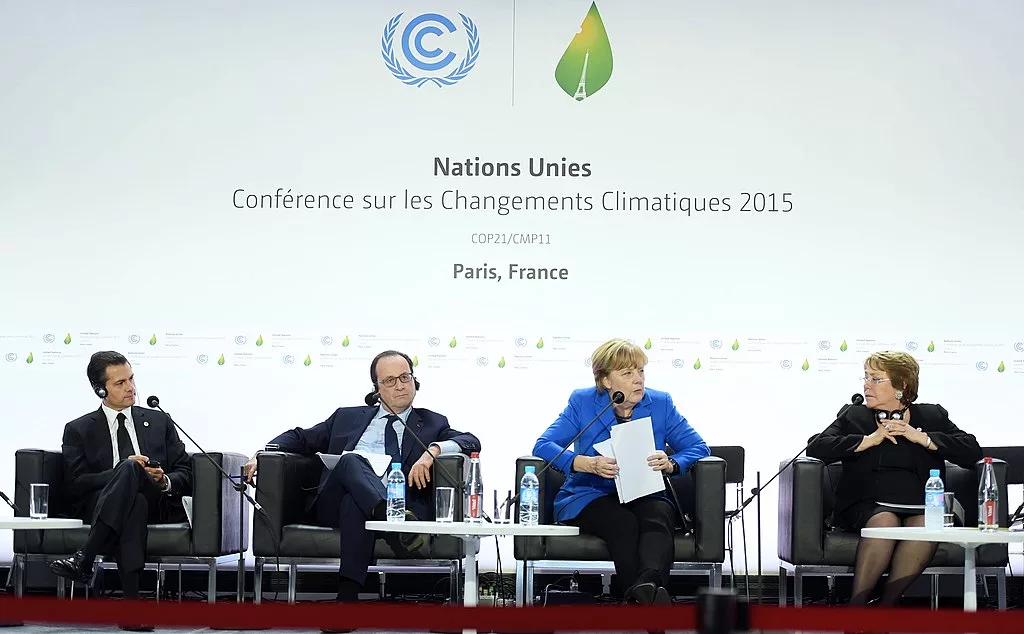The impact of climate change is worsening in Germany, which now regularly experiences heatwaves and severe water loss, according to a new report presented by the German Environment Agency (UBA) and the Ministry for the Environment, Nature Conservation, Nuclear Safety and Consumer Protection (BMUV).
“The devastating consequences of the climate crisis are increasing at an alarming rate,” said Minister for the Environment Steffi Lemke. “More and more storms, heavy rainfall, droughts and heatwaves are having an impact on people’s health, ecosystems and the economy.”
According to the report, summers with extreme heatwaves and record temperatures are becoming more frequent in Germany. In July 2022, a temperature of over 40 degrees Celsius was measured for the first time north of 53 degrees latitude in Hamburg.
As elsewhere in Europe, periods of drought have repeatedly led to reduced agricultural yields in Germany in recent years.
Germany has been losing 2.5 cubic kilometers of water per year since the beginning of the millennium, making it one of the regions with the highest water loss worldwide, according to the report.
At the same time, Germany has recorded an increase in heavy rainfall, which is also being observed worldwide. In 2021, a disastrous flood killed over 180 people in Germany.
By 2050, Europe’s largest economy could lose up to 900 billion euros (990 billion U.S. dollars) due to climate change-related damage, according to a recent study from Germany’s Ministry for Economic Affairs and Climate Action of Germany (BMWK).
The German government had announced massive investment in the country’s green transformation: almost 60 billion euros in 2024 alone. However, these plans had to be put on hold after the reallocation of COVID-19 funds to finance climate measures was reversed by Germany’s Federal Constitutional Court two weeks ago. (1 euro = 1.10 U.S. dollar) ■












